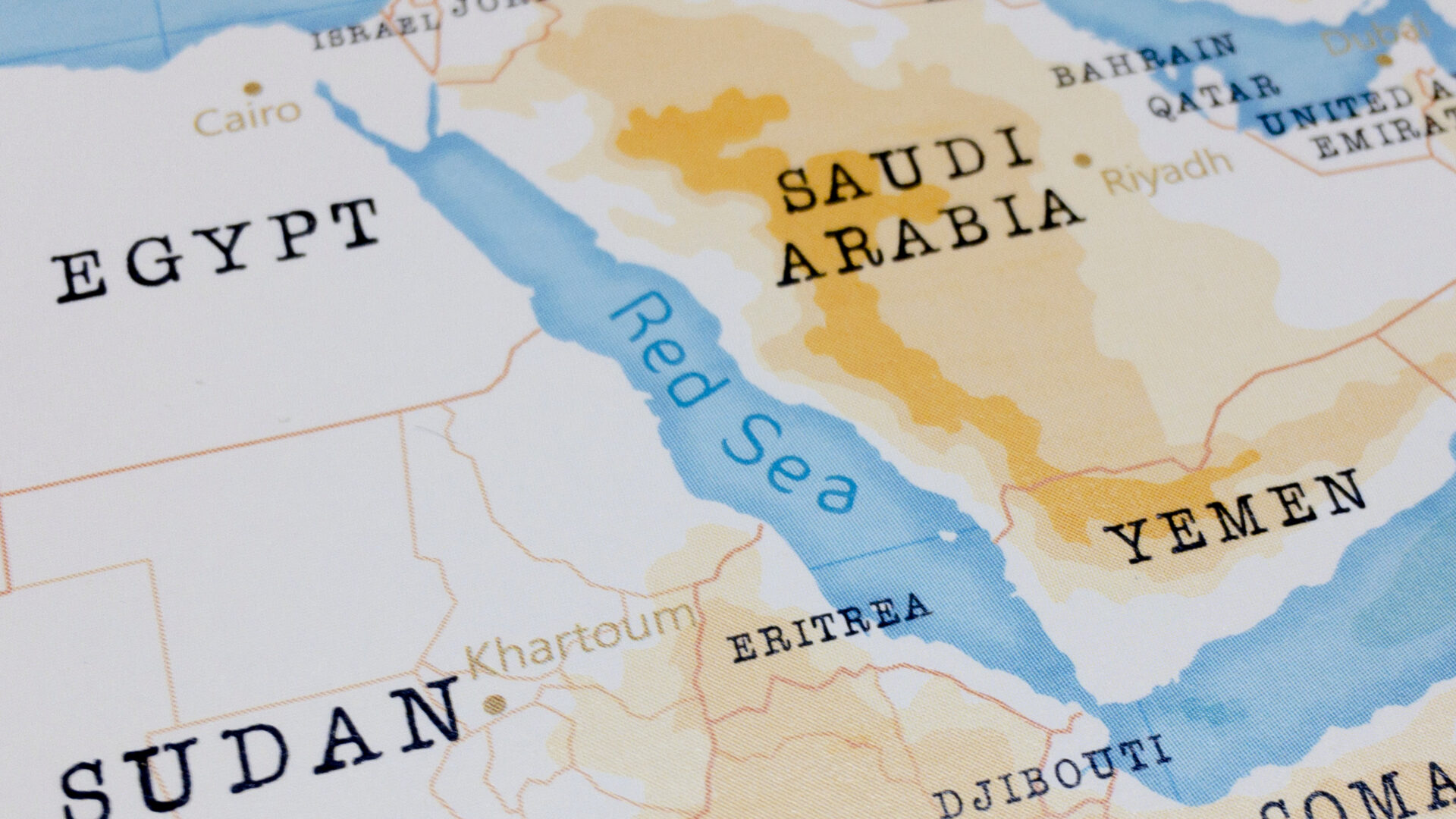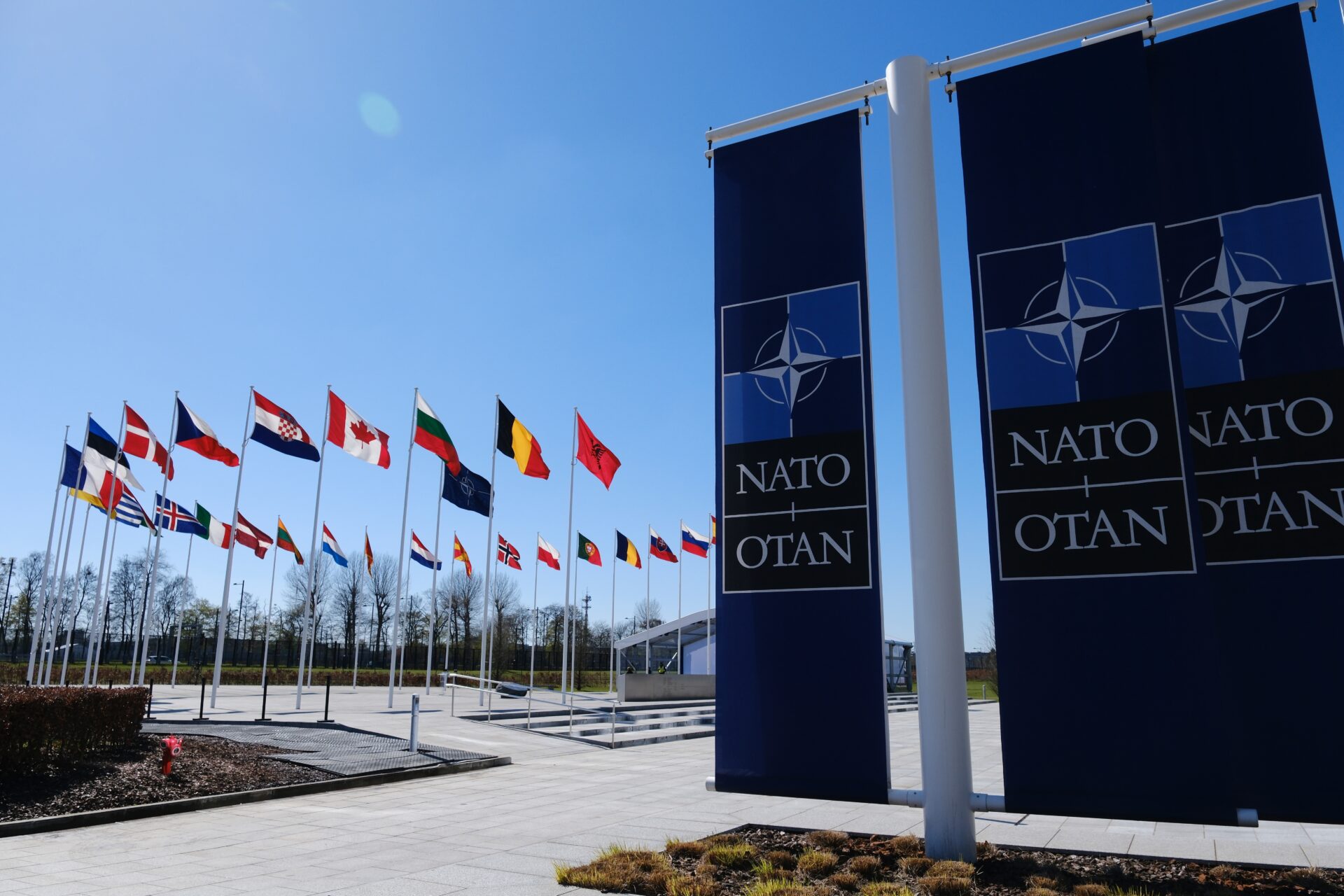
OUTAGE OUTRAGE – Undersea Cables Sliced!
Simultaneous cable cuts in the Red Sea knocked out major internet traffic, crippling communications and raising fears of sabotage.
At a Glance
- Multiple undersea fiber optic cables severed September 6–7, 2025.
- Outages hit Asia, Middle East, and parts of Africa.
- Commercial shipping anchor cited as initial cause.
- Repairs slowed by regional conflict and logistics.
- Concerns grow over sabotage and weak protection.
Digital Lifelines Severed
The outage hit during peak weekend traffic, disrupting businesses, banks, and governments across three continents. Several lines were damaged near Saudi waters, a choke point for global internet flows. These cables move about 17% of worldwide traffic, magnifying the impact far beyond the Red Sea.
Investigators suspect a vessel’s anchor dragged across the seabed, slicing bundled lines. Such accidents occur, but simultaneous failures across multiple cables raise doubts. The backdrop of regional conflict makes coincidence less convincing.
Watch now: Undersea Cables Cut In The Red Sea, Disrupting Internet Access In Asia And The Mideast
Security Questions and Liability
Cable operators from Tata Communications to the Europe India Gateway scrambled to restore service. Microsoft admitted Azure customers in Asia and the Gulf faced degraded access, while local ISPs like Etisalat and Du reported sharp slowdowns. Jio users in India also saw transactions and calls disrupted.
The International Cable Protection Committee launched an inquiry, but jurisdictional gaps complicate enforcement. Commercial shippers, shielded by maritime law, often escape liability for damage. This leaves governments and telecom firms bearing steep repair costs, with timelines stretched by conflict zones.
The security picture is darker. Houthi rebels have attacked shipping before, while Israel-Gaza violence fuels instability across the region. Sabotage remains unproven, but officials admit it cannot be ruled out.
Short-Term Pain, Long-Term Threats
The outages cost millions in stalled trade, delayed payments, and lost productivity. Banks across the Gulf reported settlement delays, while businesses scrambled to keep cloud systems running. Slow connections cut into efficiency and investor confidence.
Social effects are no less severe. Users from Pakistan to Kenya struggled with sluggish streaming, failed calls, and dropped platforms. Public anger mounted, with citizens blaming regulators and foreign tech firms for weak safeguards.
The deeper issue is structural. Global cables concentrate in choke points like Bab el-Mandeb, leaving vital arteries exposed to both accidents and attack. One mishap can ripple across continents, proving how thin redundancy really is.
Satellites provide backup, but they cannot match cable capacity. Industry groups push for more investment, but funding and regulation lag. Without action, the risks of repeated outages will only grow.
Strategic Wake-Up Call
The Red Sea blackout serves as a stress test for global resilience. States must decide whether to treat submarine cables as strategic defense assets rather than mere commercial links. The stakes are comparable to securing oil lanes or shipping routes.
For Washington and its allies, the warning is sharp. Digital sovereignty can collapse from a dragged anchor or a hostile strike. Neglect of this infrastructure is no longer an option.
Sources
Arab News
Gulf News
Mint
Hindustan Times


